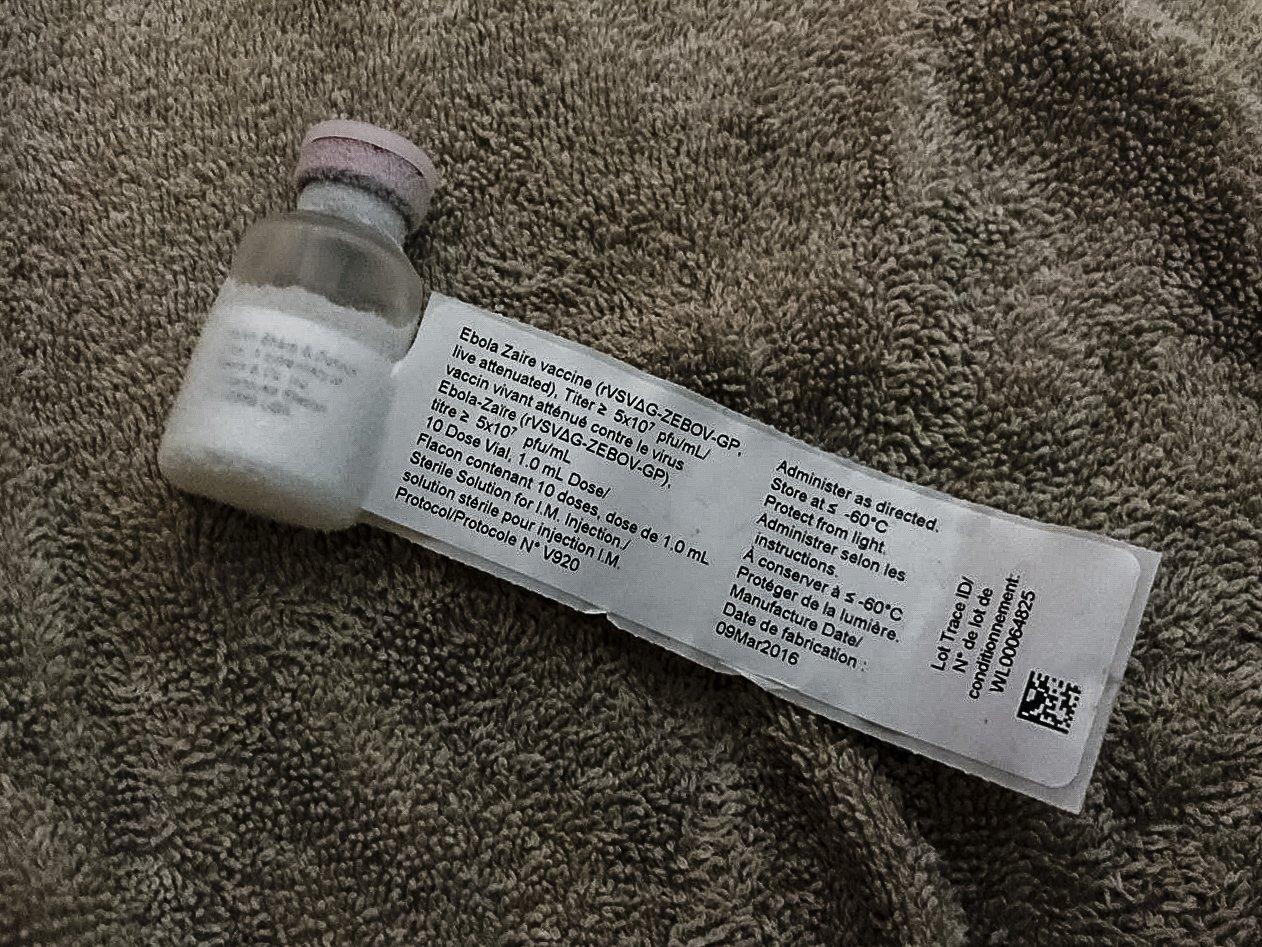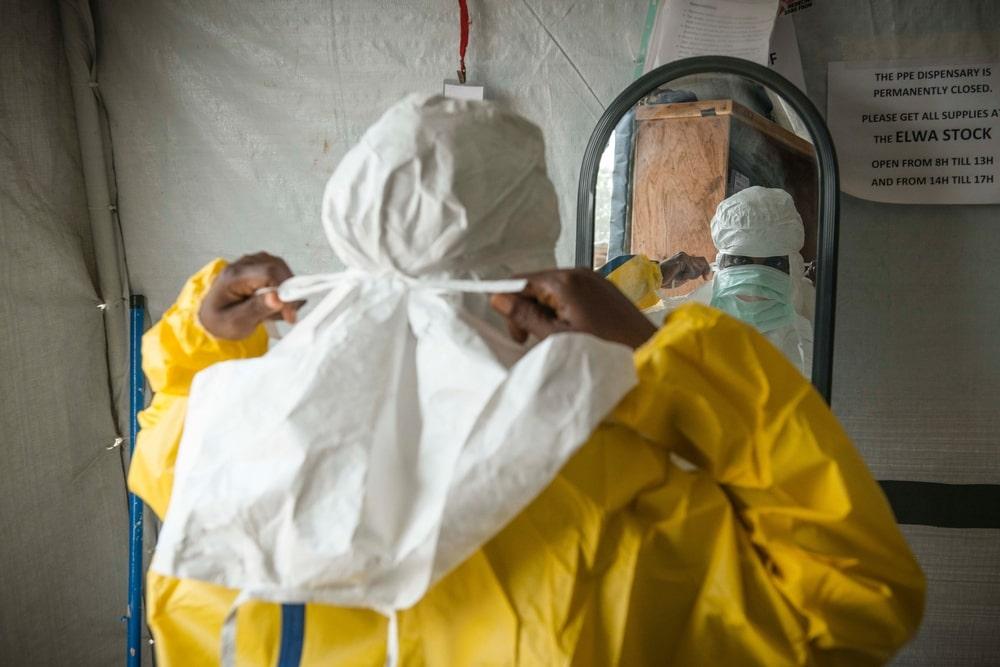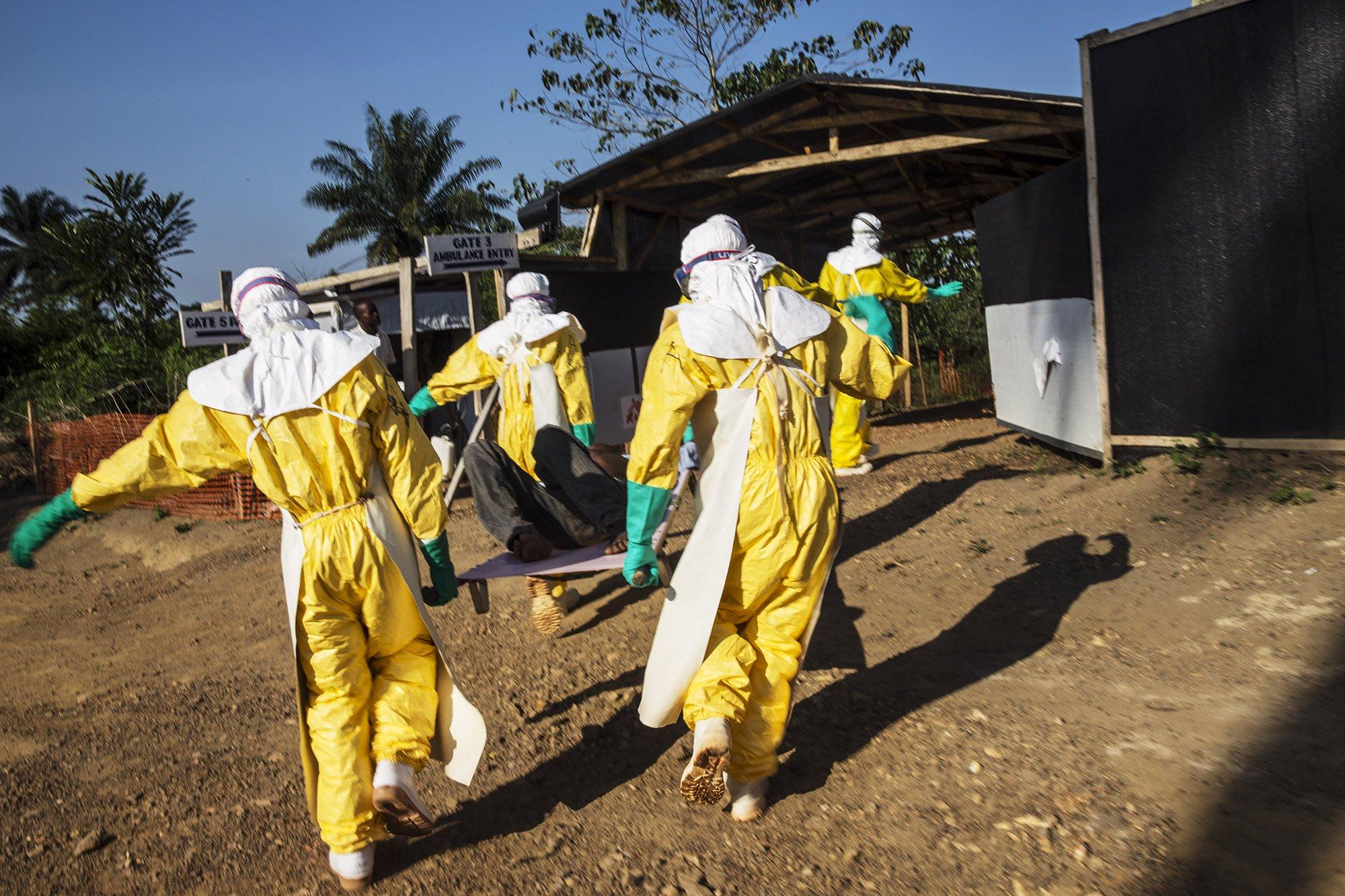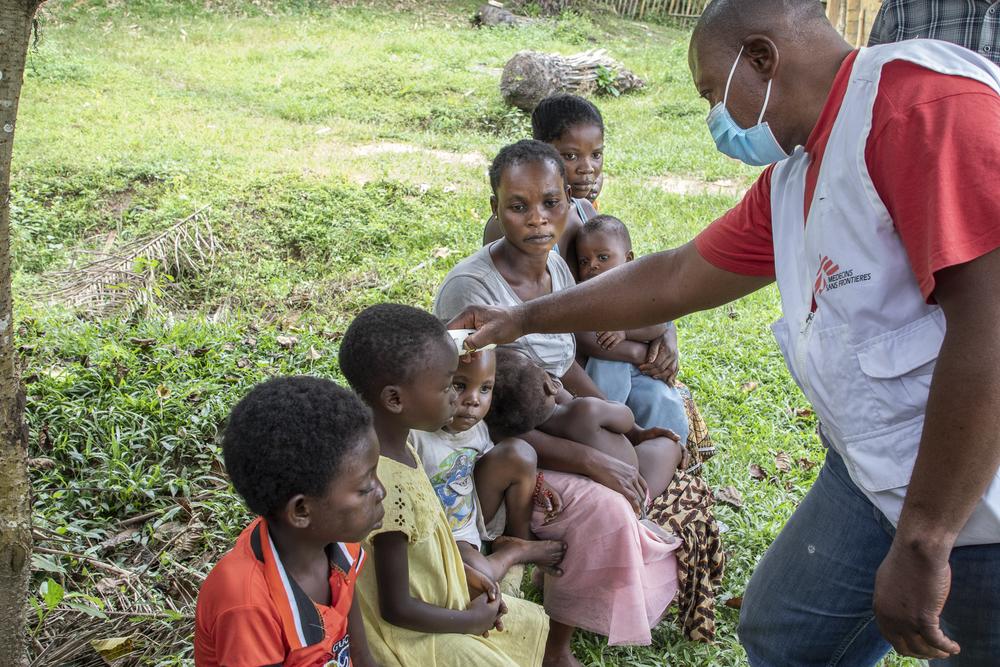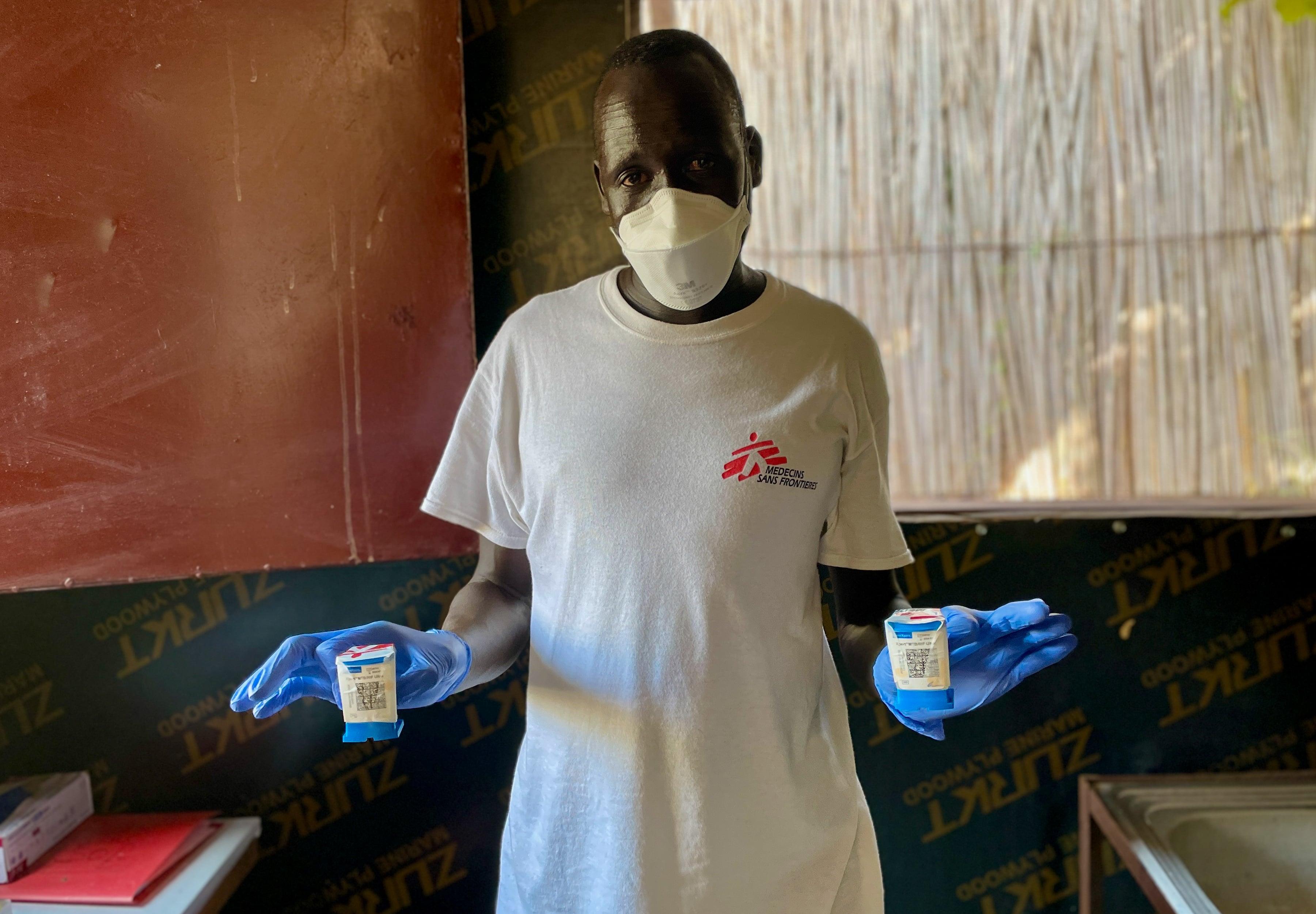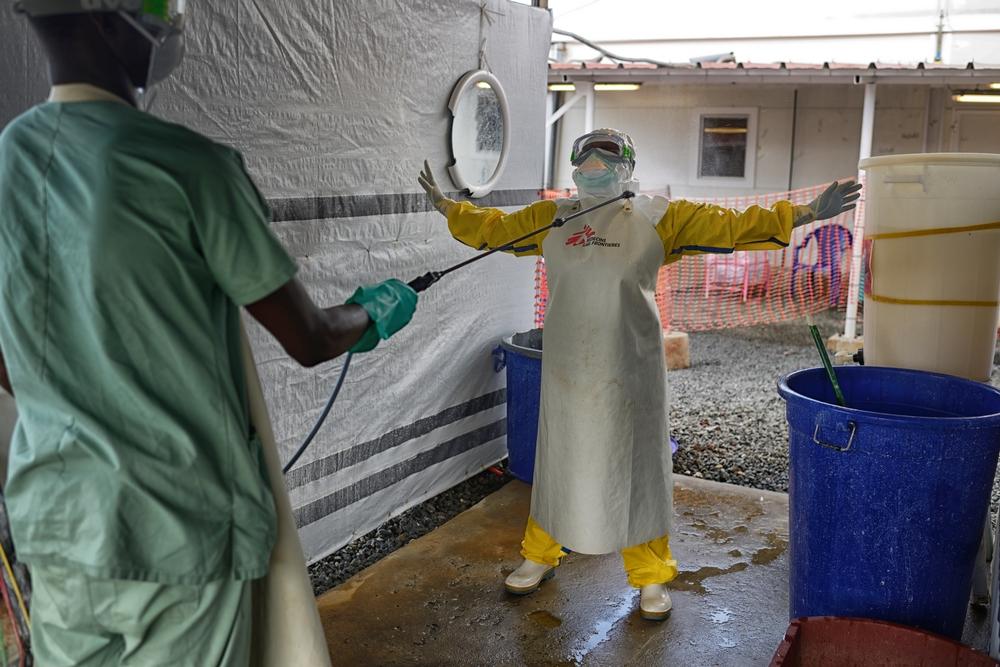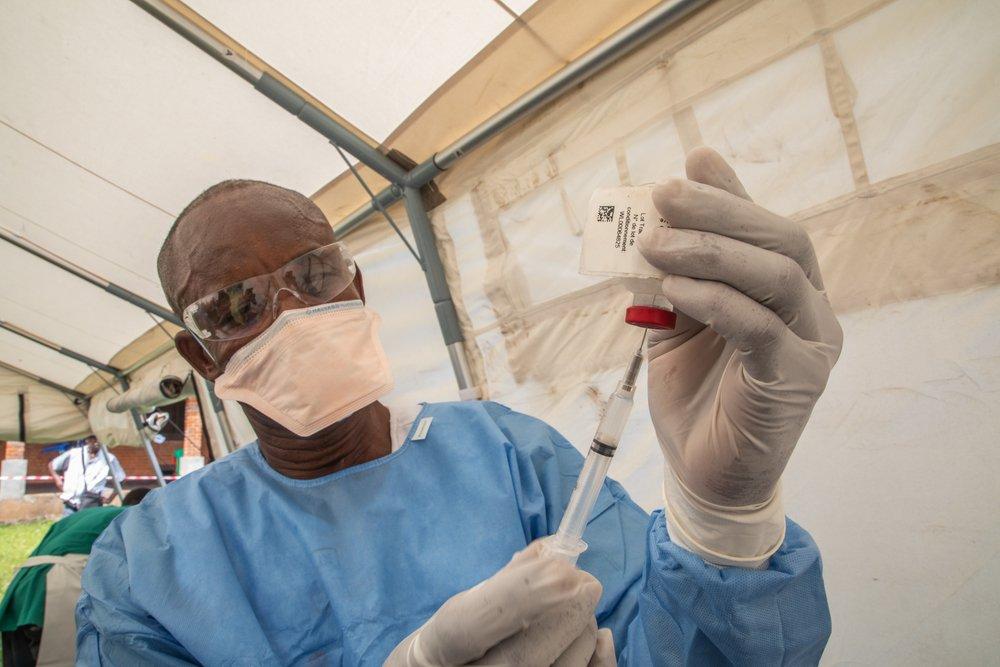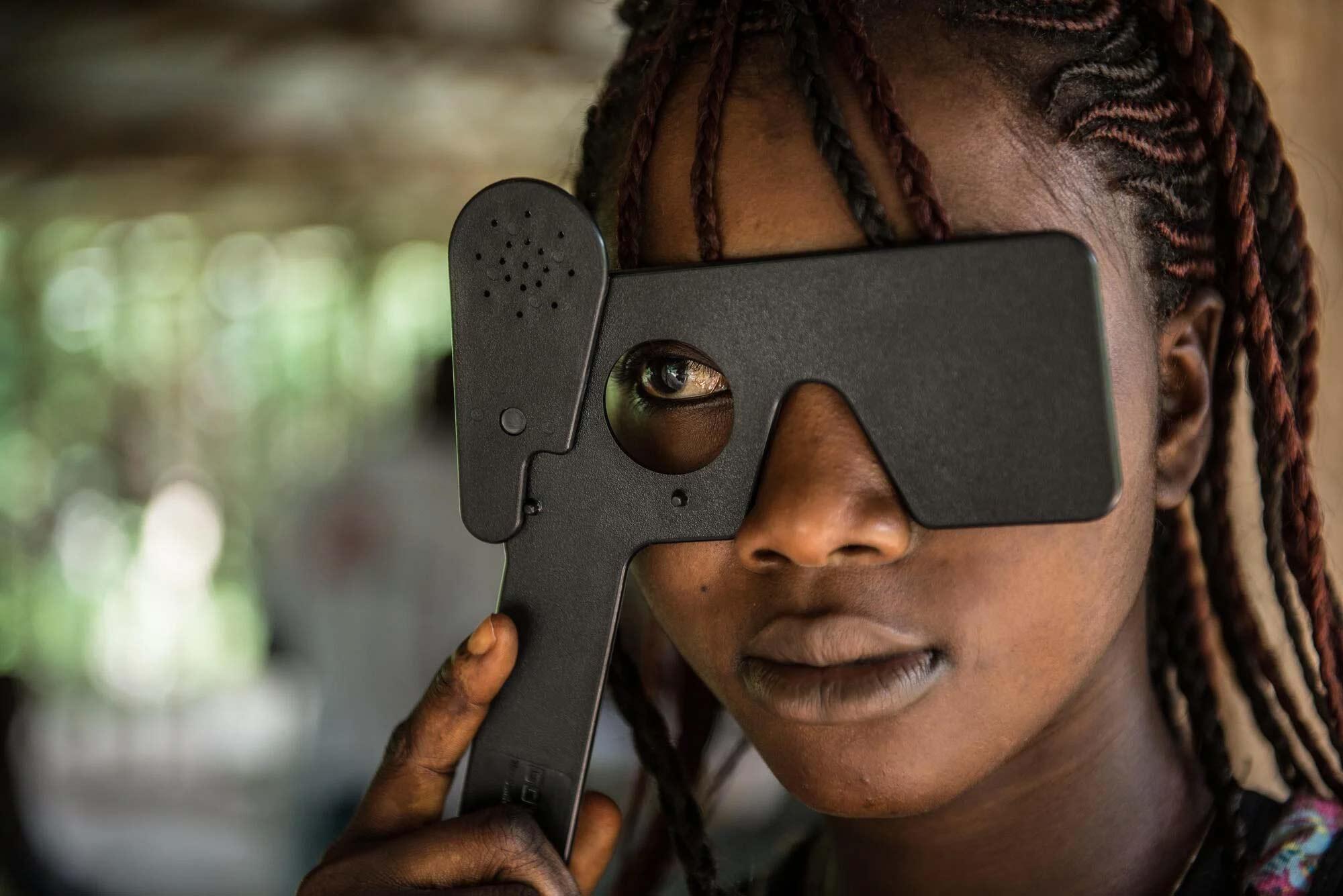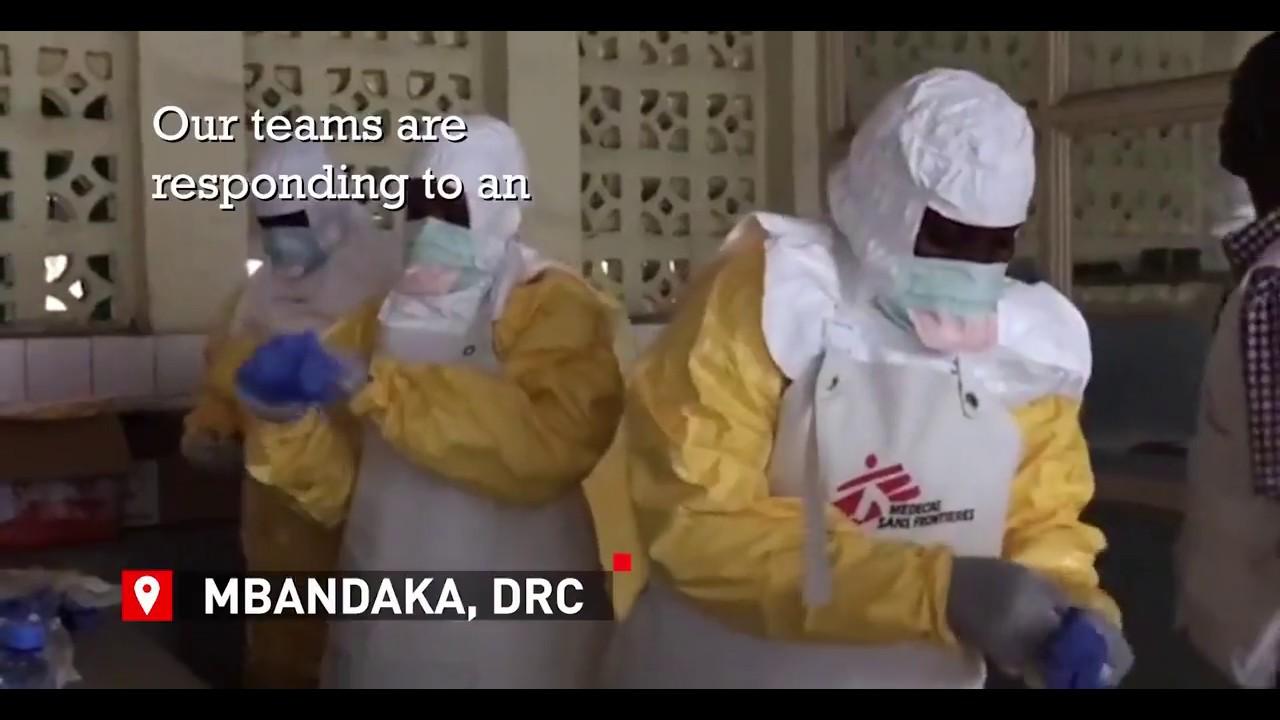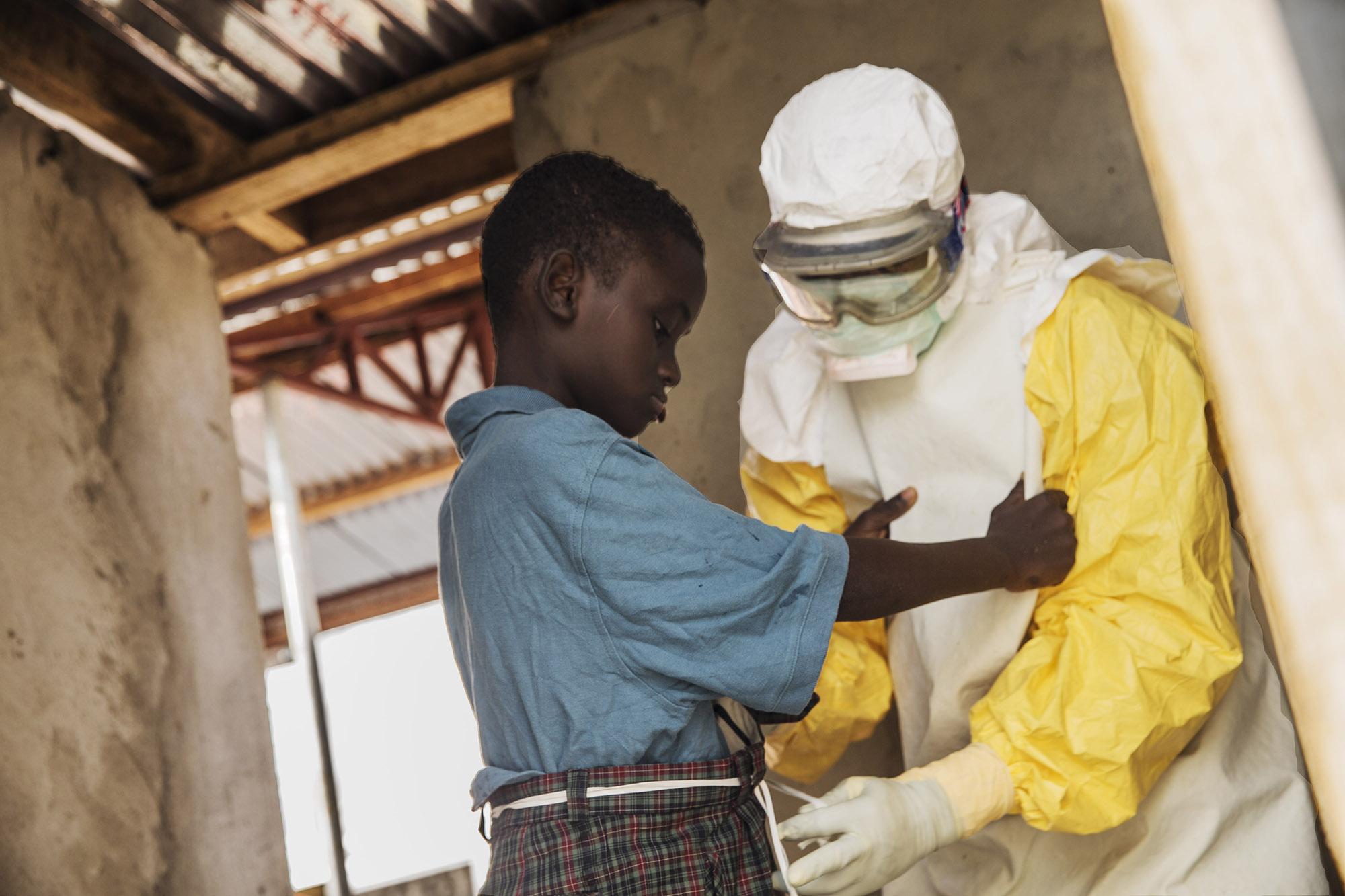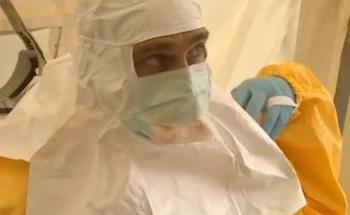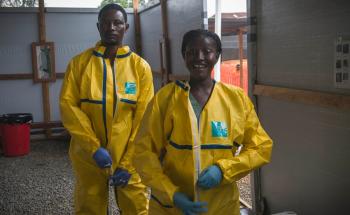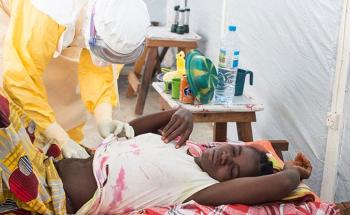Symptoms appear any time from 2 to 21 days after exposure to the virus, typically in 8 to 10 days. Ebola usually begins with a sudden onset of fever, weakness, muscle pain, headache, and sore throat. This is often followed by vomiting, diarrhea, and abdominal pain, which may progress to severe disease with altered mental status, shock, multi-organ failure, and sometimes abnormal bleeding. Other symptoms may include red eyes, hiccups, chest pains, and difficulty breathing and swallowing.
The early, non-specific symptoms of Ebola are also common to other serious diseases, including malaria and typhoid fever, and to symptoms of pregnancy complications. For this reason, laboratory testing is essential to identify infected patients and to help ensure that people who test negative for Ebola receive correct diagnosis and treatment for their symptoms.

